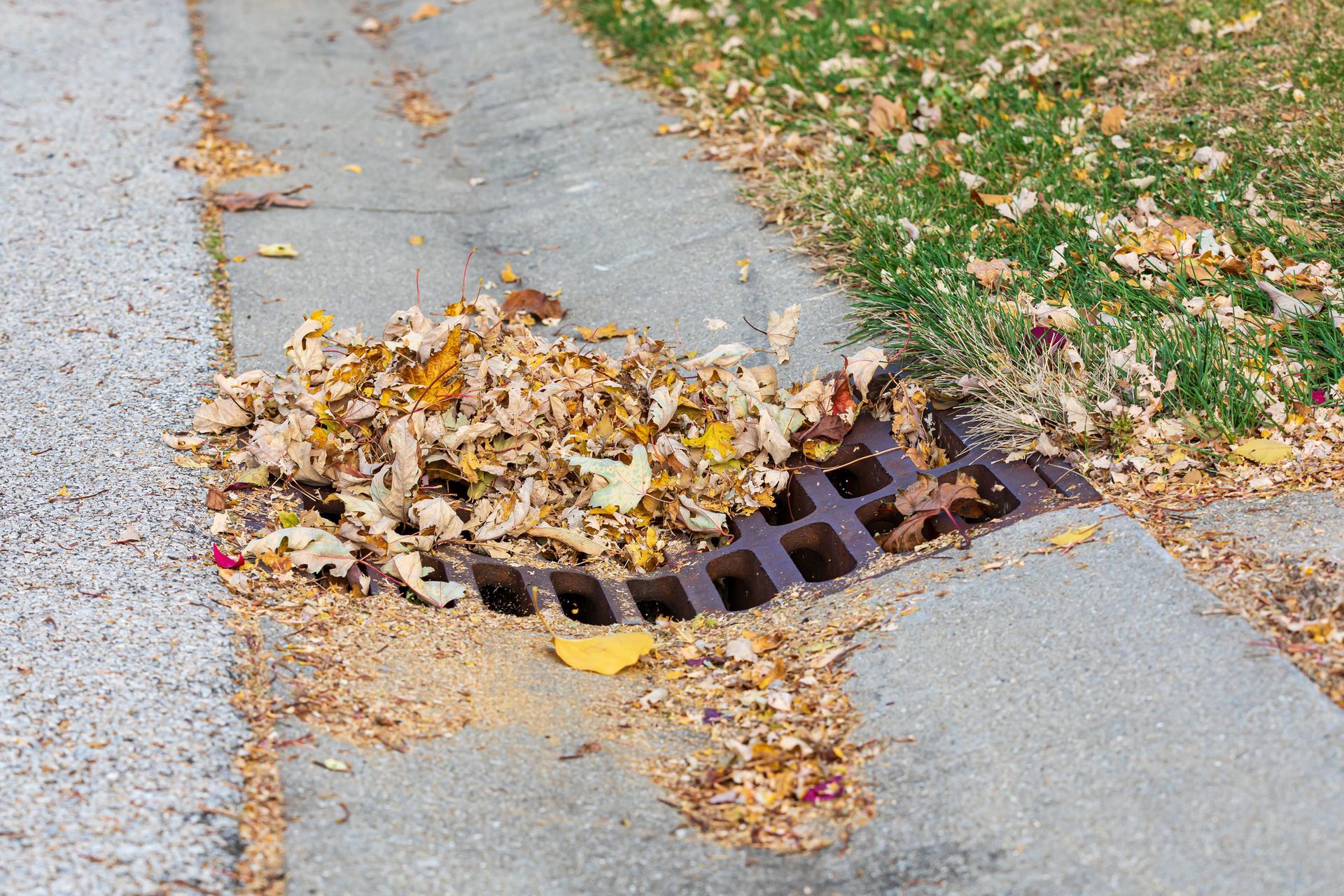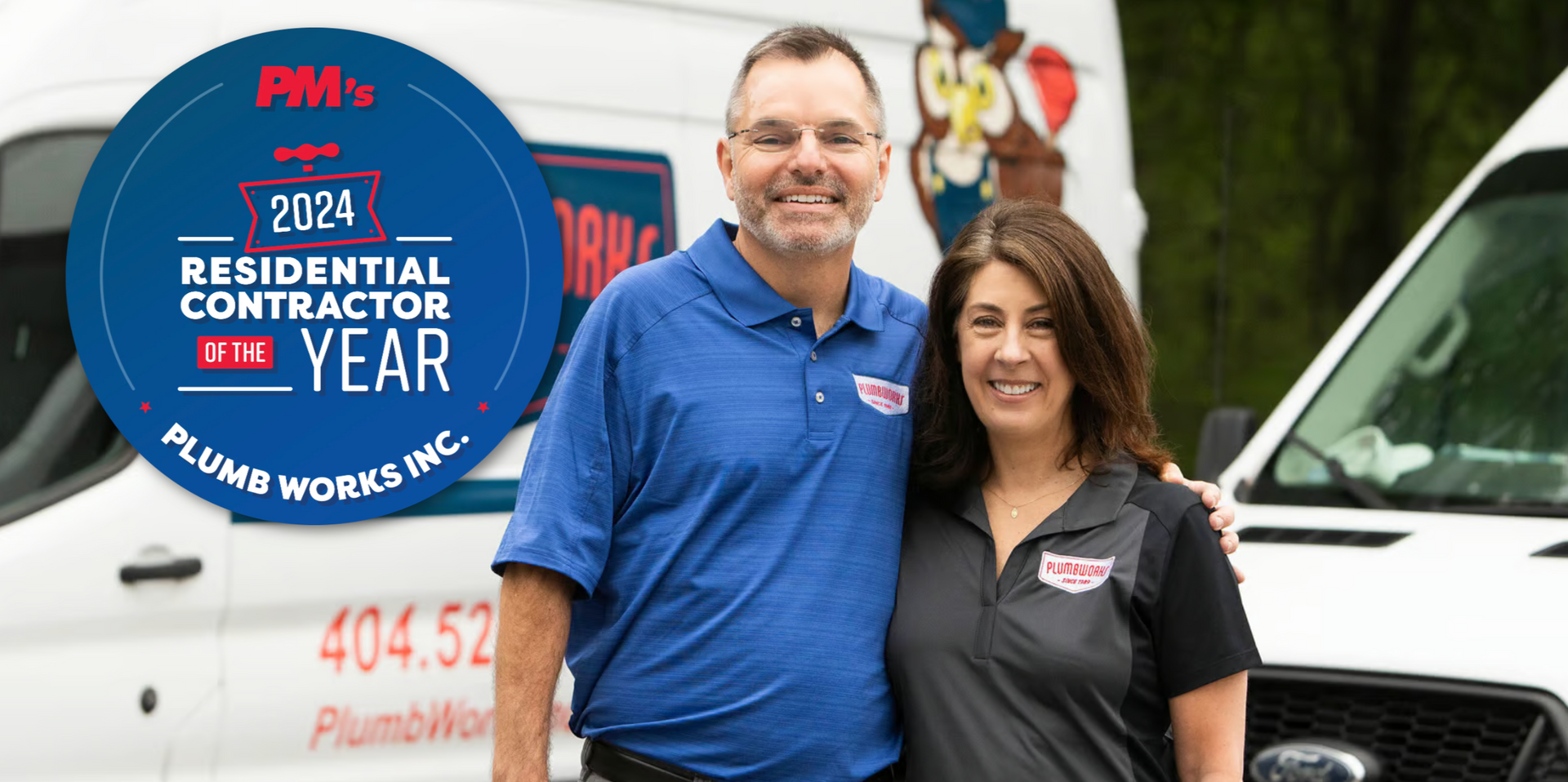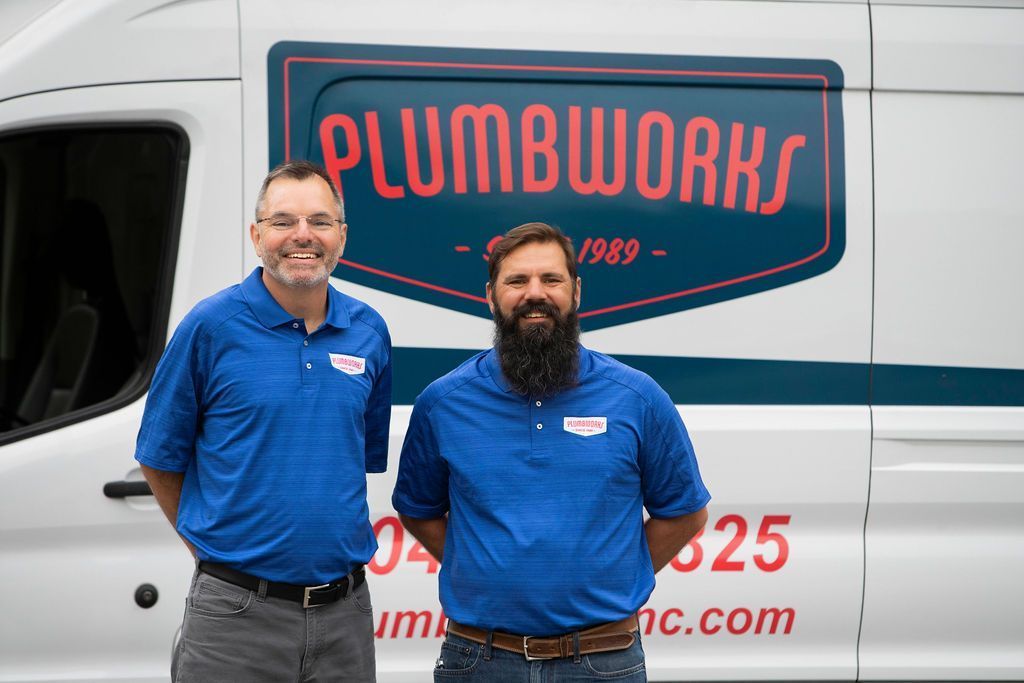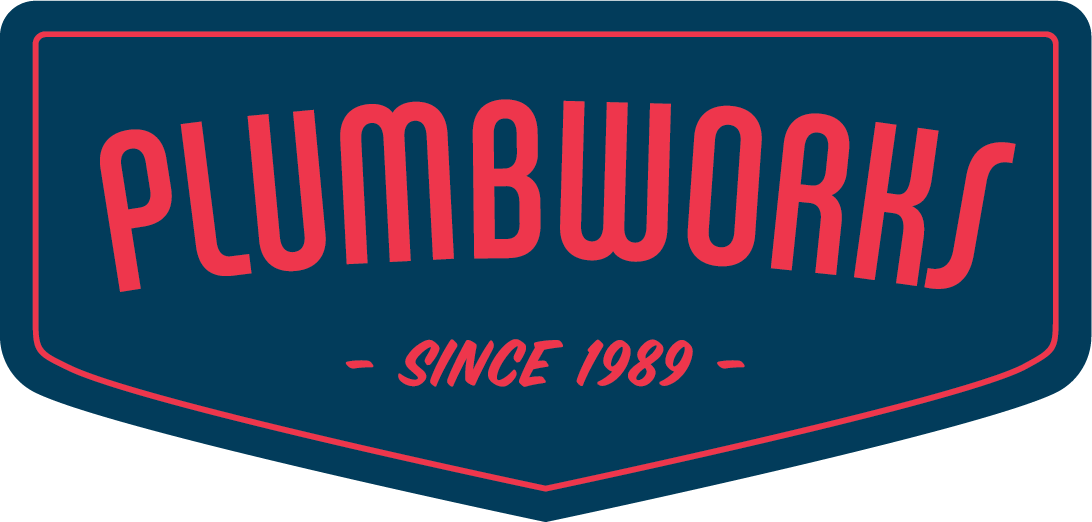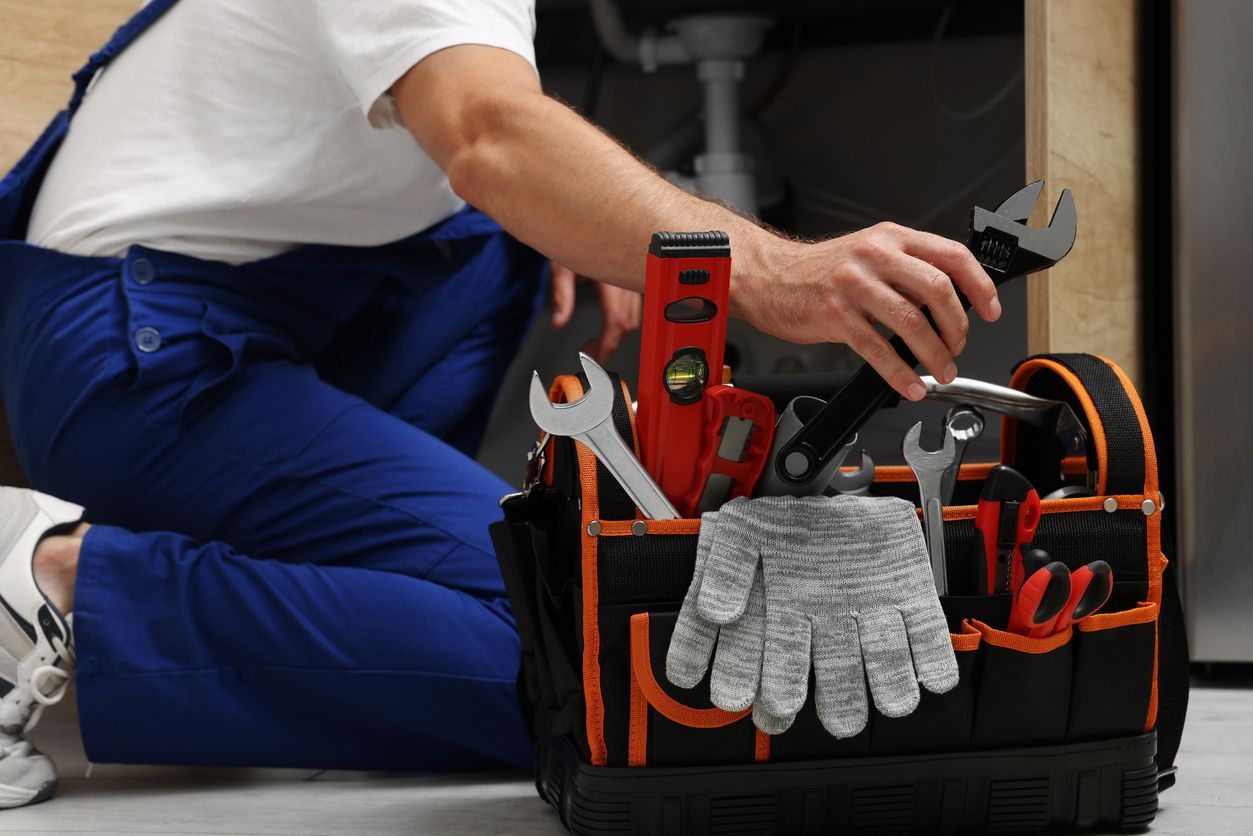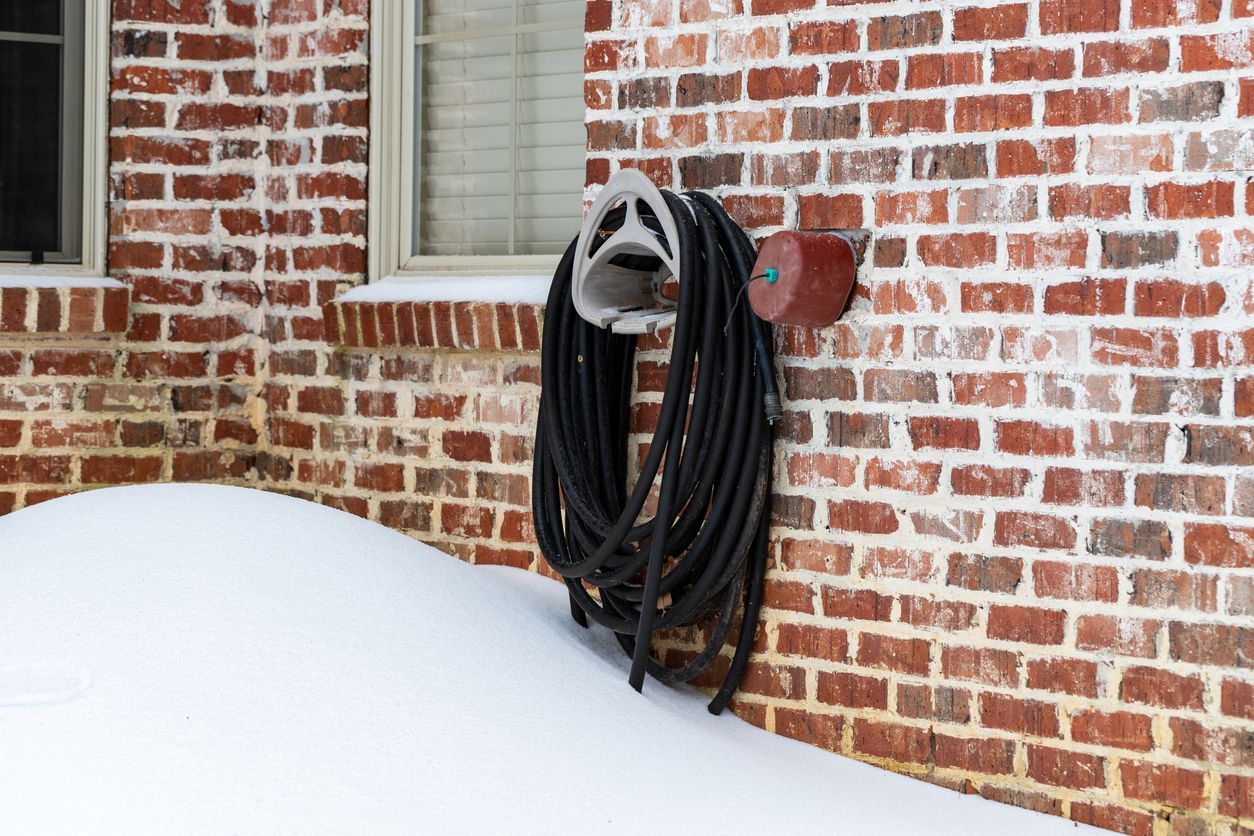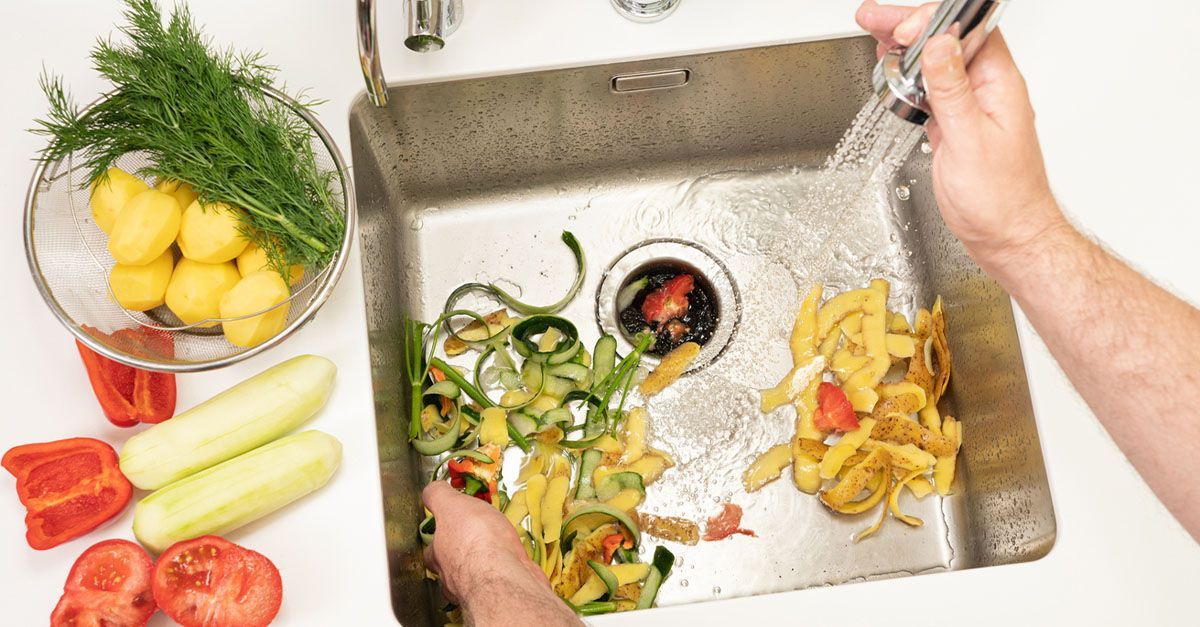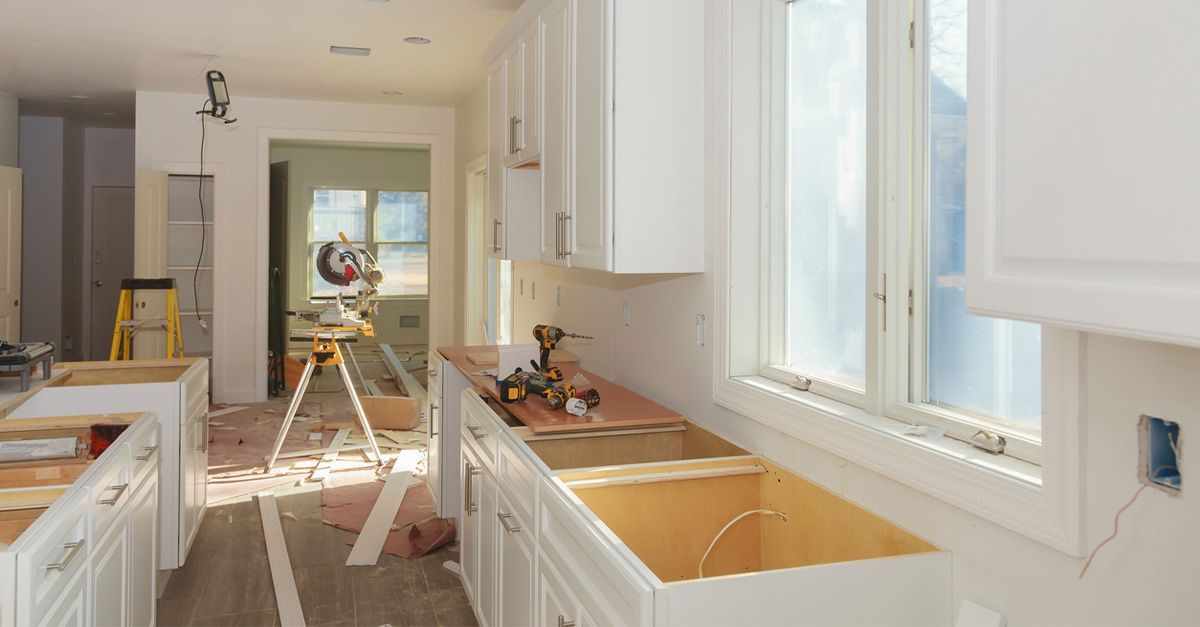The Ultimate Guide to FOG and Your Plumbing
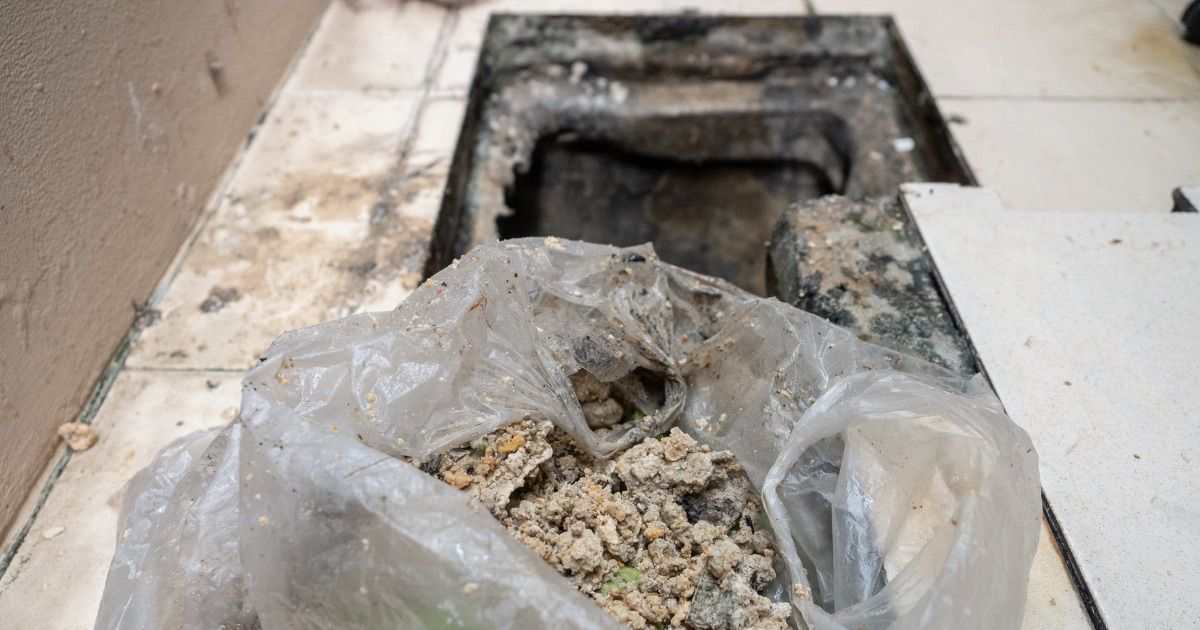
Fats, oils, and grease (FOG) may seem harmless, but when it comes to your plumbing, they can wreak havoc if not managed properly. In this comprehensive guide we'll delve into the world of FOG and explore how you can protect your pipes and grease traps, keep drains flowing smoothly, and maintain a plumbing system that doesn’t halt your home or business’s operations.
What is FOG?
FOG stands for fats, oils, and greases. These elements accumulate easily and can pose a serious threat to your plumbing system. If you consistently face drainage issues, particularly in your kitchen sink, FOG might be the culprit.
Where Does FOG Come From?
- Fats: These include oils from cooking, butter, lard, and even meat trimmings.
- Oils: Common cooking oils like olive oil, vegetable oil, and more fall into this category.
- Grease: A byproduct of cooking meat or the residue left on pans. Grease is the most common culprit for grease trap clogs.
The Impact of FOG on Plumbing Systems
Clogged Drains
One of the most immediate consequences of FOG in your plumbing is the formation of clogs. As these substances cool and solidify, they adhere to the interior of pipes. This creates a sticky layer that traps debris and other particles passing through the drains.
Sewer Backups
If FOG continues to accumulate within the pipes it can cause sewer backups. This occurs when the accumulated FOG obstructs the main sewer line, causing wastewater to flow back into your kitchen. The results can be messy, costly, and pose health risks.
The Environmental Impact
Beyond the immediate impact on your plumbing, FOG can have far-reaching consequences for the environment. When FOG enters the sewer system it can contribute to the formation of fatbergs—massive conglomerates of fat, oil, grease, and other debris. Fatbergs can clog sewer systems, leading to overflows and environmental pollution.
Best Practices for Managing FOG
Now that we understand the potential risks, let's explore proactive measures to manage FOG effectively and keep your plumbing in top-notch condition:
Dispose of FOG Responsibly
Rather than pouring FOG down the drain, collect it in a heat-resistant container and let it cool. Once solidified, dispose of it in the trash. Alternatively, consider recycling facilities that accept used cooking oil.
Use Strainers in Kitchen Sinks
Prevent solid particles, such as food scraps and small debris, from entering the drain by installing strainers. These inexpensive devices can significantly reduce the amount of FOG that makes its way into your plumbing system.
Hot Water and Dish Soap
Run hot water and a small amount of dish soap down the drain after each use. This helps break down and wash away any residual FOG, preventing it from solidifying within the pipes.
Regular Maintenance
Schedule routine plumbing maintenance to inspect and clean your pipes. Professional plumbers can use specialized tools and techniques to remove FOG buildup in grease trap services, ensuring your pipes remain free-flowing and clog-free.
Educate Household Members or Employees
Raise awareness about the impact of FOG on plumbing systems among those sharing your living or working space. Encourage responsible disposal practices and emphasize the collective responsibility of maintaining a healthy plumbing environment.
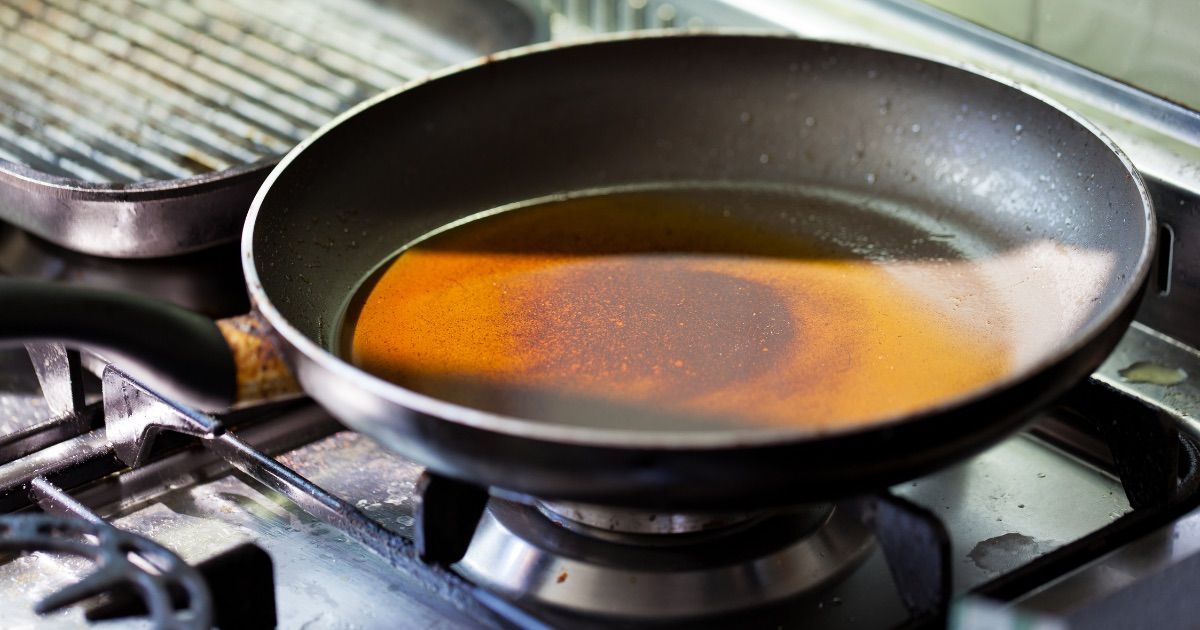
FOG-Friendly Habits: Cooking with Care
There are also cooking habits you can adopt to minimize FOG production.
- Allow FOG to Solidify: Before washing dishes or utensils covered in FOG, let the substances solidify by cooling. This makes it easier to scrape into the trash.
- Dry-Wipe Pots and Pans: Before washing, dry-wipe pots and pans with a paper towel to remove excess FOG. This helps prevent a significant amount of grease from entering the drain.
FOG may seem like a small concern, but its impact on your plumbing can be significant. By adopting responsible disposal practices, incorporating preventive measures, and fostering awareness, you can safeguard your plumbing systems from the potential pitfalls of FOG. Remember, a little care today can go a long way in ensuring a smoothly flowing, clog-free future for your pipes.
Schedule A Grease Trap Service With Plumb Works
Is your kitchen in need of grease trap services after an FOG clog? Look no further than Plumb Works! Our expert team is ready to assist with top-notch grease trap repair and installation, ensuring your kitchen operates at its best.
By scheduling regular grease trap services, you not only mitigate the risk of FOG clogs and backups but also contribute to a more sustainable and environmentally friendly operation. Proactive care for your grease trap will keep your kitchen running smoothly.
Contact us today or call us at
404-524-1825 to schedule a grease trap cleaning service.

